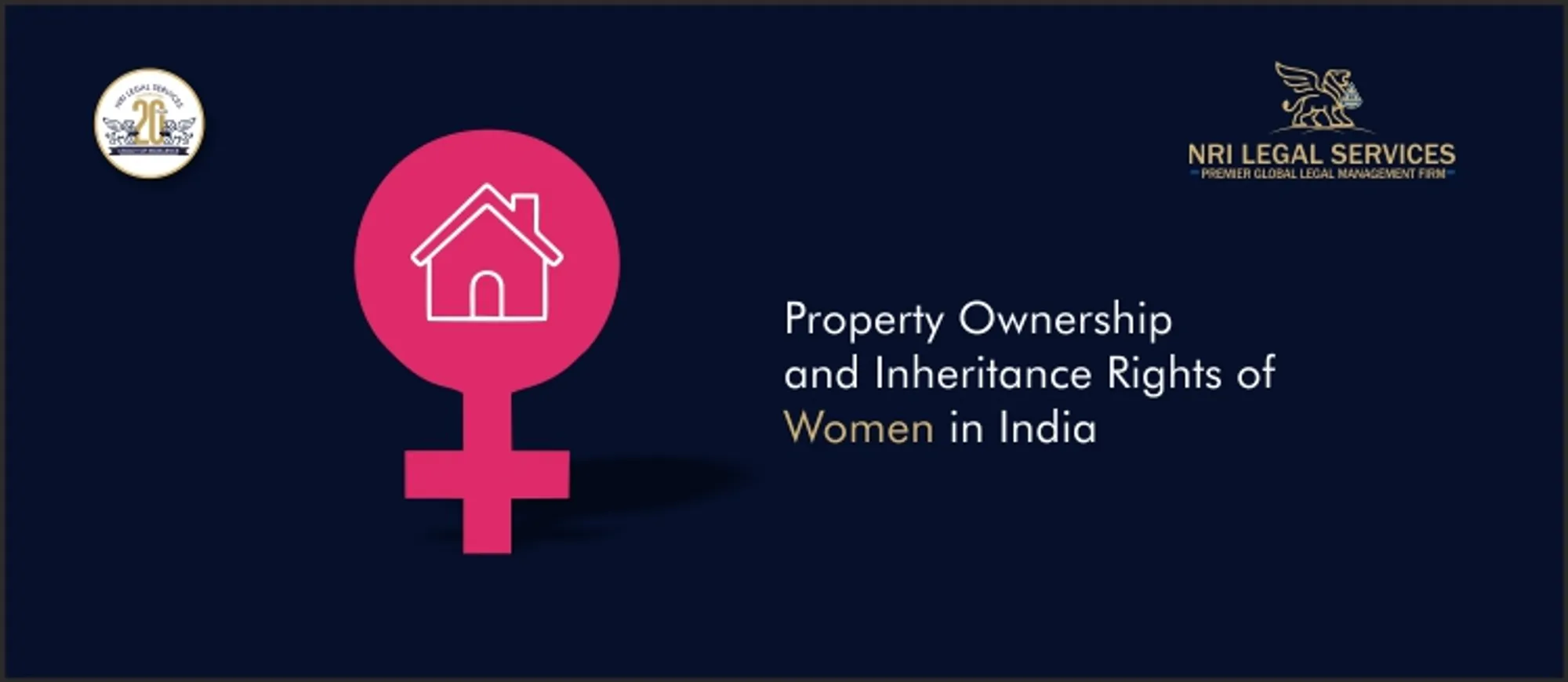It is a matter of immense pleasure and pride to discuss something like property ownership and inheritance rights of women in India. This shows the position a woman has earned for herself in the Indian patriarchal society as we are discussing the rights of women to own and acquire a property independently.
The status of women in India has undergone a huge change. We find women now conscious of their rights. They are financially independent and invest in the properties. They understand the principle of equality enshrined in the Constitution of India. Women’s growth as financial contributors to their families’ needs has forced society and the government to give due recognition to their property rights.
As a mother, wife, daughter, or daughter-in-law, a woman has different property ownership and inheritance rights.
Recommended reading: Constitutional Women Rights
Table of Contents
A woman can become an owner of a property by:
- Buying the property herself
- Inheriting the property
- Having received the property in Gift or though Will
Law recognizes women’s absolute property ownership. Whether she has earned it or inherited it, the rights as an owner are at par. There may be some restrictions to the power of alienating the inherited property under Personal Laws. For instance, in Muslim Law, a Mother cannot give away by making a Will, more than one-third share of property inherited by her, and if her husband is the only heir, more than two-third share of her property. By and large, the rule is that she is free to deal with it.
In India, we do not have any uniform law regarding property ownership and inheritance rights of women. The statutory or codified laws and the personal/customary laws (related to religion and community) play a vital role in shaping these rights.
Recommended reading: Property Rights of Women as per Hindu Law
Under Hindu Law
- A female is the absolute owner of the property acquired by her. The relevant law for inheriting the property in Hindus (Hindu, Sikh, Jain, and Buddhists) is found in the Hindu Succession Act, 1956.
- A daughter is also a coparcener like a son, i.e., she has a right to the family property by birth. She inherits equally as a son in her father’s property, whether self-acquired or ancestral. The marital status of the daughter does not matter.
- As a wife, a Hindu female gets an equal share as her children in her husband’s property if he dies intestate. They are Class I heirs. A mother also has a right to the property of her son.
- However, a father can dispose of his self acquired property as per his own wish, even excluding the daughter, wife, and mother.
- A woman as a daughter-in-law has no right in her father-in-law’s property till her husband is alive. After the husband’s death, she gets a right in the share her husband is entitled to get.
Recommended reading: Property rights of a son on mother’s self-earned property
Under Muslim Law
- The right to property arises on a person’s death and not by birth. A Muslim woman gets a share as per the personal laws. Generally, she gets one-fourth of her deceased husband’s property if no children are there but one-eighth if children are there.
- The daughter receives half the share of her brother in her father’s property.
- A Muslim mother is entitled to one-sixth of her deceased son’s property if he has children, and if the son dies issueless, the share of a mother is one-third.
Under Christian Law
- The Indian Succession Act, 1925, governs the inheritance and succession laws applicable to Parsis, Christians, and Jews. A Christian daughter and son have equal rights in the property of their father.
- A Christian wife gets one-third or half of the property of her husband, depending upon the presence of lineal descendants or not.
Recommended reading: Rights on mother’s property after her death
In many countries around the world, the property ownership and inheritance rights of women are gender just. In India, succession laws are progressing, and the discrimination against women in property matters is fading away. Most of the statutory laws provide for equal property rights for men and women. However, we still need to work on some areas of customary and personal laws discriminating against women.

